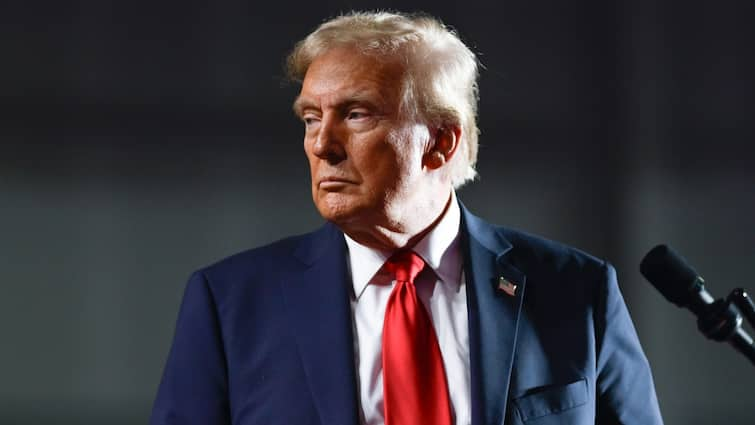The US Chamber of Commerce has taken the Trump administration to court over a newly introduced $100,000 fee on H-1B visa applications, arguing that the steep charge breaches federal law and threatens American firms’ access to skilled global talent. The lawsuit, filed Thursday in the U.S. District Court for the District of Columbia, is the Chamber’s first major legal challenge against the administration this term.
It contends that the new fee violates the Immigration and Nationality Act, which requires that visa charges reflect only the actual cost of processing applications rather than serve as a revenue or deterrent measure.
The H-1B visa program allows U.S. employers to recruit highly skilled foreign professionals, particularly in technology, engineering, education, and healthcare. The program is widely used by Silicon Valley companies, with Indian nationals making up roughly three-fourths of all H-1B approvals.
Neil Bradley, Executive Vice President of the Chamber, described the new fee as “prohibitively expensive,” especially for startups and smaller enterprises. Bradley noted that while the Chamber supports the administration’s broader goals of economic growth and stronger borders, sustained expansion depends on ensuring that American businesses have access to the skilled workforce they need, as per Times of India.
The Chamber reaffirmed its backing for targeted immigration reforms to make the H-1B process more efficient and transparent. It also warned that without sufficient access to foreign talent, gains from recent economic policies — including tax cuts, deregulation, and energy expansion — could be at risk.
Before the fee increase, the average cost of an H-1B application was around $3,600. The new $100,000 charge applies to fresh petitions and is set to last for one year, though it could be extended, as per The Hindu.
Concluding its statement, the Chamber said it remains open to working with both Congress and the administration to develop a fair and predictable system for employers who depend on the H-1B program to fill critical roles in the U.S. economy.



